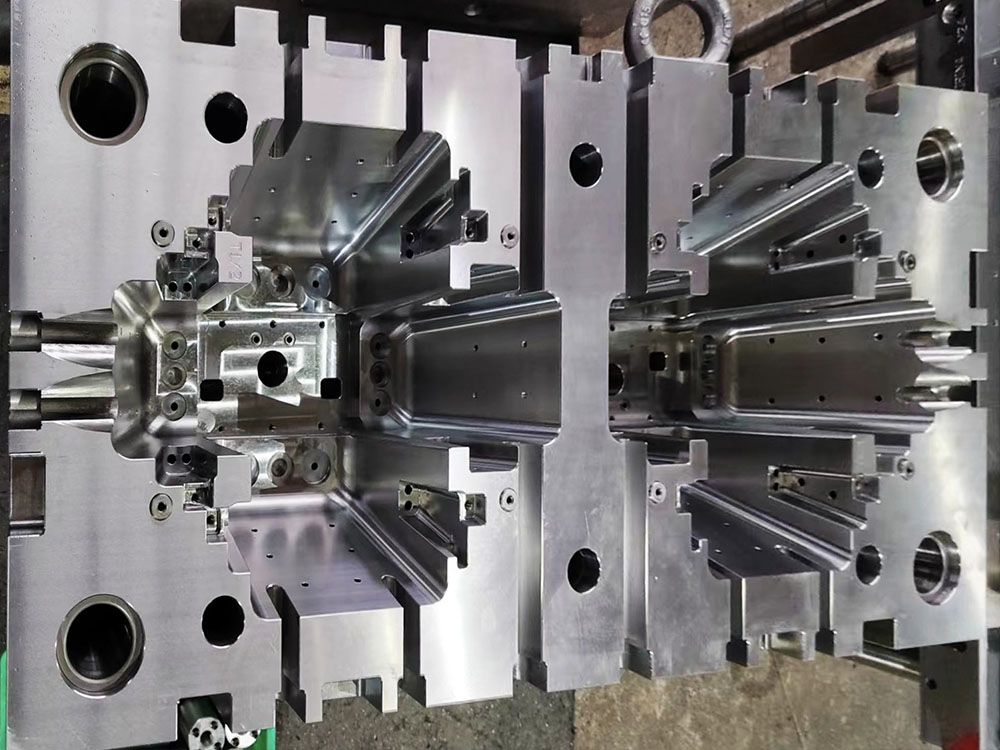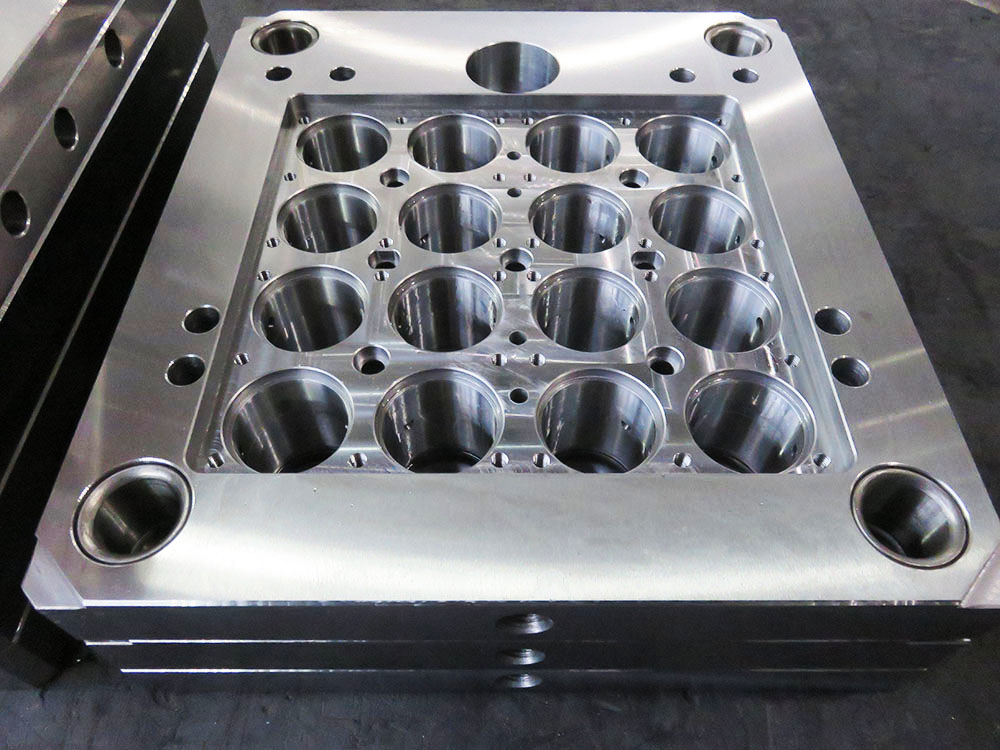Introduction
In the mold base industry, FCI is an acronym that frequently pops up. FCI stands for "Final Customer Inspection," and it plays a crucial role in ensuring the quality and functionality of mold bases. This article aims to provide a comprehensive explanation of FCI, its significance, and how it affects the mold base industry.Understanding FCI
FCI, or Final Customer Inspection, refers to the final inspection process carried out by the customer before accepting the delivery of a mold base. This inspection is conducted to verify whether the mold base meets the customer's specified requirements and standards. FCI serves as the last checkpoint, ensuring that the mold base is ready for use in the production of plastic components.
The Significance of FCI
FCI holds immense importance in the mold base industry for several reasons:
Quality Assurance
By conducting an FCI, the customer can ensure that the mold base they receive is of the highest quality. This inspection allows them to check and verify various parameters, such as dimensional accuracy, surface finish, material composition, and overall compliance with design specifications. By approving the mold base through FCI, the customer can have confidence in its performance and longevity.
Functionality Verification
During the FCI process, the customer assesses the functionality of the mold base by performing tests and simulations. They examine aspects such as ejection system operation, cooling channel effectiveness, venting efficiency, and more. This verification step ensures that the mold base will function optimally during the injection molding process, leading to high-quality plastic parts.
Risk Mitigation
FCI serves as a risk mitigation strategy for both the customer and the mold base manufacturer. By conducting a thorough inspection, the customer can mitigate the risks associated with using a faulty mold base, such as production delays, defective products, and financial losses. Similarly, for the mold base manufacturer, FCI minimizes the risk of delivering a substandard product, building trust and credibility with the customer.
The Process of FCI
The FCI process typically involves the following steps:
Preparation
Prior to the inspection, the mold base manufacturer ensures that all documentation, including design drawings, material certificates, and processing parameters, are readily available. The mold base is thoroughly cleaned, removing any debris or contaminants that could affect the inspection.
Planning
Both the customer and the mold base manufacturer collaborate to establish the inspection criteria and requirements. This ensures that the inspection focuses on specific features, dimensions, and performance aspects crucial to the customer's application.
Execution
The customer visits the manufacturer's facility or arranges for the mold base to be shipped to their location for inspection. They perform visual inspections, measurements, and functional tests based on the agreed-upon criteria. Any deviations from the specifications are documented and addressed for corrective action.
Acceptance or Rejection
Based on the FCI results, the customer decides whether to accept or reject the mold base. If any issues are identified, the manufacturer initiates appropriate corrective measures to address the deficiencies and bring the mold base back into compliance. Once the modifications are completed, a re-inspection may be conducted before final acceptance.




